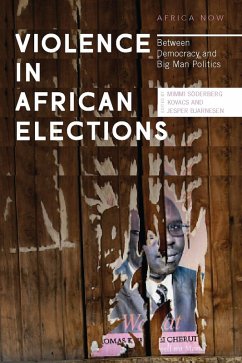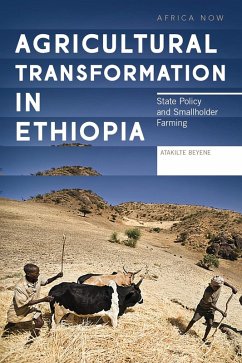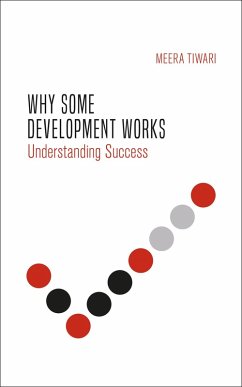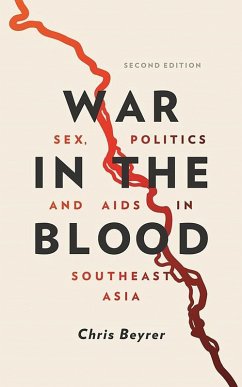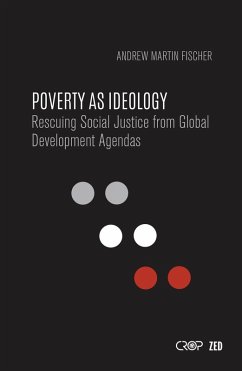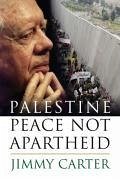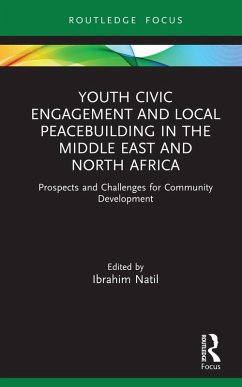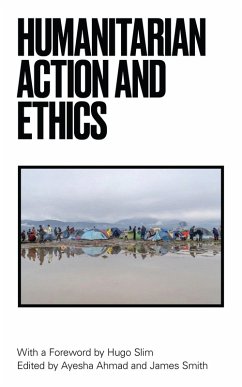
Violence in African Elections (eBook, ePUB)
Between Democracy and Big Man Politics
Redaktion: Kovacs, Mimmi Söderberg; Bjarnesen, Jesper
Versandkostenfrei!
Sofort per Download lieferbar
Statt: 38,50 €**
23,95 €
inkl. MwSt.
**Preis der gedruckten Ausgabe (Broschiertes Buch)
Alle Infos zum eBook verschenkenWeitere Ausgaben:

PAYBACK Punkte
12 °P sammeln!
Multiparty elections have become the bellwether by which all democracies are judged, and the spread of these systems across Africa has been widely hailed as a sign of the continent's progress towards stability and prosperity. But such elections bring their own challenges, particularly the often intense internecine violence following disputed results. While the consequences of such violence can be profound, undermining the legitimacy of the democratic process and in some cases plunging countries into civil war or renewed dictatorship, little is known about the causes. By mapping, analysing and ...
Multiparty elections have become the bellwether by which all democracies are judged, and the spread of these systems across Africa has been widely hailed as a sign of the continent's progress towards stability and prosperity. But such elections bring their own challenges, particularly the often intense internecine violence following disputed results. While the consequences of such violence can be profound, undermining the legitimacy of the democratic process and in some cases plunging countries into civil war or renewed dictatorship, little is known about the causes. By mapping, analysing and comparing instances of election violence in different localities across Africa - including Kenya, Ivory Coast and Uganda - this collection of detailed case studies sheds light on the underlying dynamics and sub-national causes behind electoral conflicts, revealing them to be the result of a complex interplay between democratisation and the older, patronage-based system of 'Big Man' politics. Essential for scholars and policymakers across the social sciences and humanities interested in democratization, peace-keeping and peace studies, Violence in African Elections provides important insights into why some communities prove more prone to electoral violence than others, offering practical suggestions for preventing violence through improved electoral monitoring, voter education, and international assistance.




